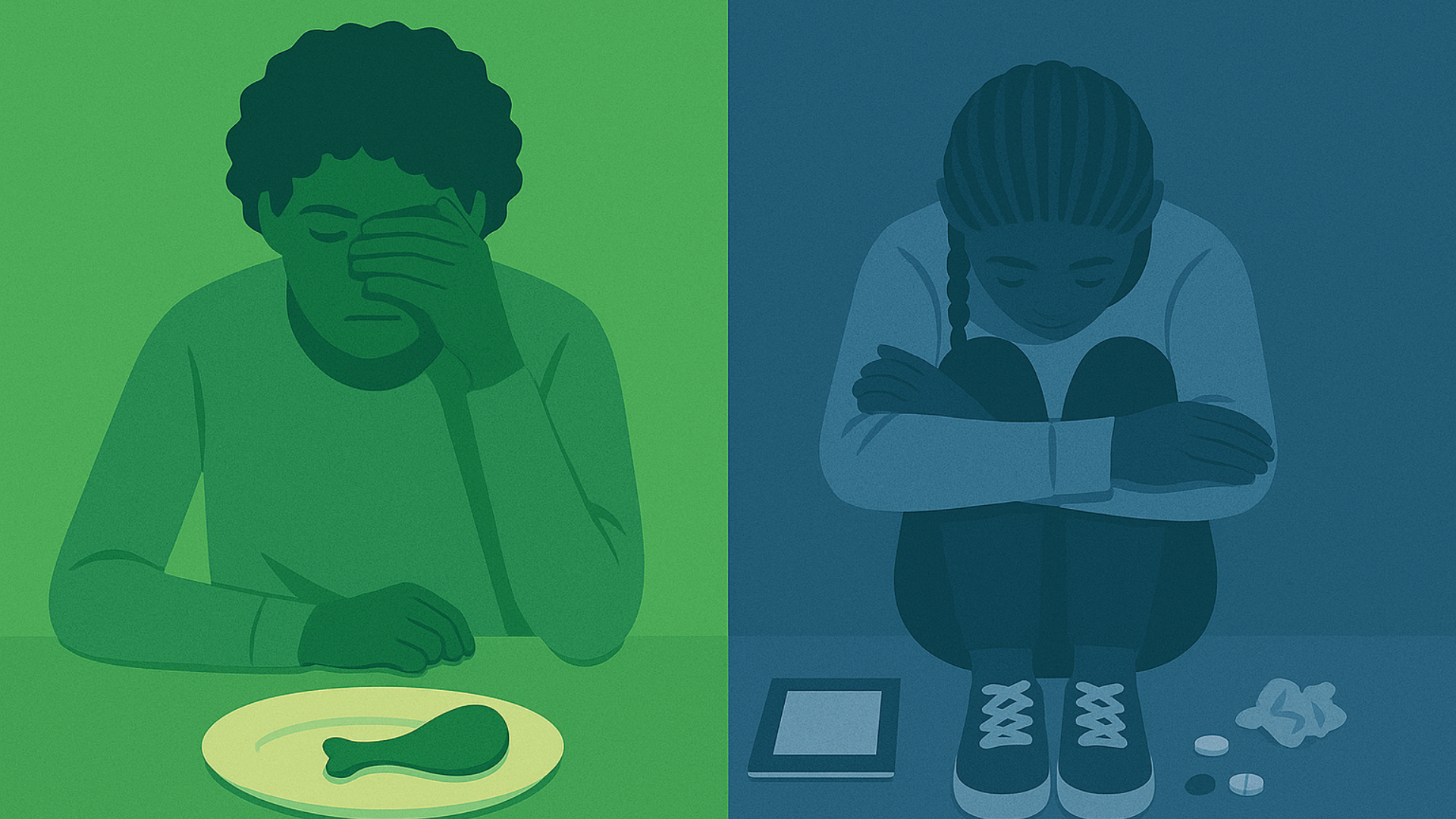Breaking Down The Differences Between Psychiatry, Psychology, Therapy, and Counseling: A Q&A With Thrive Reno’s Clinical Director and Therapist Kerstin Trachok, CPC

MENTAL HEALTH SUPPORT SERVICES — WHERE TO BEGIN?
Whether you’re intending to treat your mind to self-care, seeking specialized support for a mental or behavioral health condition , curious about available medications for mental and behavioral health support, or just need an unbiased, professional perspective on the state of your mental well-being, Thrive Reno’s Clinical Director and Therapist Kerstin Trachok, CPC can guide you in the appropriate direction. Below, she breaks down the differences between psychiatry, psychology, therapy, and counseling and explains the benefits of each mental health service.
PSYCHIATRY VS. PSYCHOLOGY VS. THERAPY AND COUNSELING
What is a psychiatrist?
A psychiatrist is a medical doctor who specializes in prescribing medication for managing mental and behavioral health conditions. In conjunction with medication management, some psychiatrists offer psychotherapy, also known as talk therapy. Most, however, focus their expertise on finding the medication that works best for their clients and then offering medication management to ensure that what is prescribed is benefiting clients as intended and make adjustments as needed. Psychiatrists may also work with their clients’ other healthcare providers to ensure their treatment is well-rounded. Individuals struggling with depression , anxiety , bipolar disorder , or another mental or behavioral health condition that can be supported with medication may benefit from seeing a psychiatrist.
What is a psychologist?
A psychologist is a mental health professional that has a doctorate in psychology. Psychologists can test for mental and behavioral health conditions such as neurocognitive disorders, eating disorders , substance abuse disorders (SUD) , bipolar disorder , attention-deficit/hyperactivity disorder (ADHD), and autism spectrum disorder (ASD) to name a handful. Unlike psychiatrists, psychologists aren’t medical doctors, so they aren’t able to prescribe medication in most states. Instead, psychologists typically implement psychotherapy to treat their clients. Oftentimes, psychologists refer their clients to psychiatrists for any medication needs so that their clients’ mental and behavioral health can be supported from all angles.
What are therapists and counselors?
Therapists and counselors include licensed clinical social workers (LCSW), marriage and family therapists (MFT), and clinical professional counselors (CPC). Like psychologists, these individuals treat a myriad of mental and behavioral health conditions, usually through psychotherapy.
WITH THAT IN MIND
Within the mental and behavioral health field, there are many different kinds of professions, licensures, and specializations. If you’re interested in exploring mental or behavioral health care that will nourish your entire well-being, support your personal betterment, and help you heal, but still aren’t sure where to begin, Thrive Wellness can guide you to care that fits your needs. You deserve to thrive and there is no shame in obtaining help in doing so.
A PLACE TO GROW
Thrive’s mental and behavioral health specialists include psychiatrists, psychologists, therapists, and counselors, all dedicated to providing personalized mental and behavioral health care that allows their clients to heal from any struggles and embrace life with confidence, joy, and authenticity. Reach out to learn more about our therapeutic services.
About the Contributor
Thrive Reno Clinical Director and Therapist Kerstin Trachok, CPC
Kerstin received her master’s degrees in clinical mental health counseling and school counseling from the University of Nevada, Reno. Kerstin has six years of experience in the counseling field working in different settings and a wide array of mental health issues. Kerstin has experience working in schools with children of all ages, clients with psychosis in a hospital setting, adults and teens in private practice, and working at an agency providing counseling to children and families. Kerstin is a fully licensed clinical professional counselor in the state of Nevada and received her certification in Complex Trauma Levels I and II. Kerstin has experience working with children, teens, adults and families with trauma, anxiety, grief, depression, ADHD, autism spectrum, suicidal ideation, and behavioral issues. Kerstin is passionate about fostering client’s growth and autonomy while providing a safe and secure space to process emotions. Kerstin uses creative interventions and other tools to allow clients to voice their internal experiences beyond traditional talk therapy. Kerstin’s theoretical approach is Acceptance and Commitment Therapy. She uses mindfulness tools and techniques to help clients be present moment oriented, and reduce stress so they may move towards psychological flexibility. Kerstin believes all individuals have the right to live a fulfilling and vital life.








